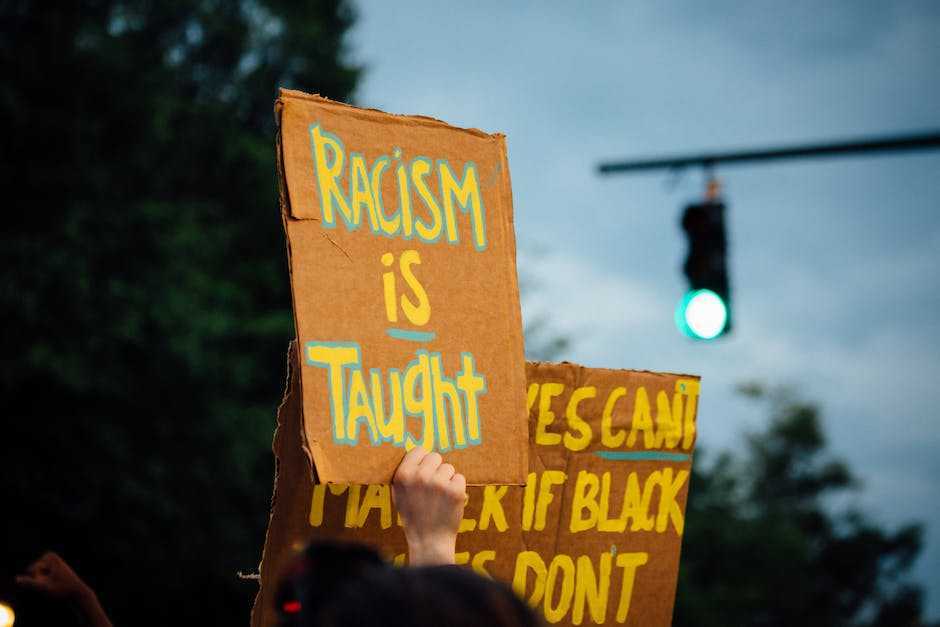
Contents
Living with Alopecia in a Society Obsessed with Hair
Living with Alopecia in a society obsessed with hair can have significant psychological and social impacts. Alopecia, which is the partial or full loss of hair from the scalp, affects millions of people each year, yet it is often a difficult conversation to have since people may feel embarrassed or ashamed of their appearance. The personal stories and reflections of those living with alopecia highlight the daily courage and strength of those who cope with this condition in an often unsupportive society.
The Psychological Impacts of Living with Alopecia in A Society Obsessed with Hair
The psychological impact of living with alopecia in a society that highly values hair can be immense. Many people experience deep distress, body image issues and depression due to their hair loss. A significant part of this distress is caused by the embarrassment and feeling of being judged by others, as well as the fact that hair loss is seen as a sign of aging and ill-health. This can cause sufferers to hide away and avoid social situations.
Coping Strategies and Mental Health Support for Those with Alopecia
People living with Alopecia have a number of options for coping. Firstly, there are many wigs and other forms of hair replacement products available, enabling those with the condition to regain their self-confidence and look more like their previous selves. Additionally, therapeutic methods such as cognitive behavioural therapy (CBT) can be used by those with Alopecia to accept and embrace their condition and to cope with the societal pressures they may be faced with. Finally, support groups offer a safe and understanding environment to discuss both the physical and psychological aspects of Alopecia with other people who can relate to their experiences.
The Health Implications of Living with Alopecia
It is important to note that the health implications of living with Alopecia should not be ignored. People living with Alopecia are more likely to suffer from skin sensitivity, skin damage and other infections due to prolonged exposure of the scalp to sunlight and UV rays. Furthermore, some types of Alopecia can signal an underlying medical problem such as autoimmune disease, so it is important that sufferers receive regular medical check-ups.
It is inspiring to read about the personal stories of those living with Alopecia. For example, some celebrities are speaking out about their own experiences with the condition, showing that one can live and thrive despite hair loss. Finally, each newly diagnosed person will have their own individual journey, struggles and triumphs. While nobody can experience the emotions of another, it is important to listen, understand and support those living with Alopecia if we ever hope to create a truly inclusive society.
